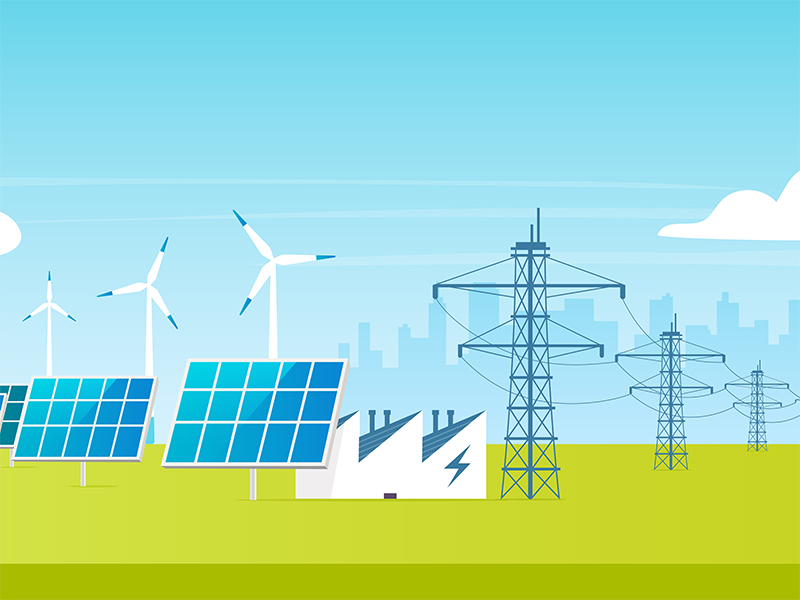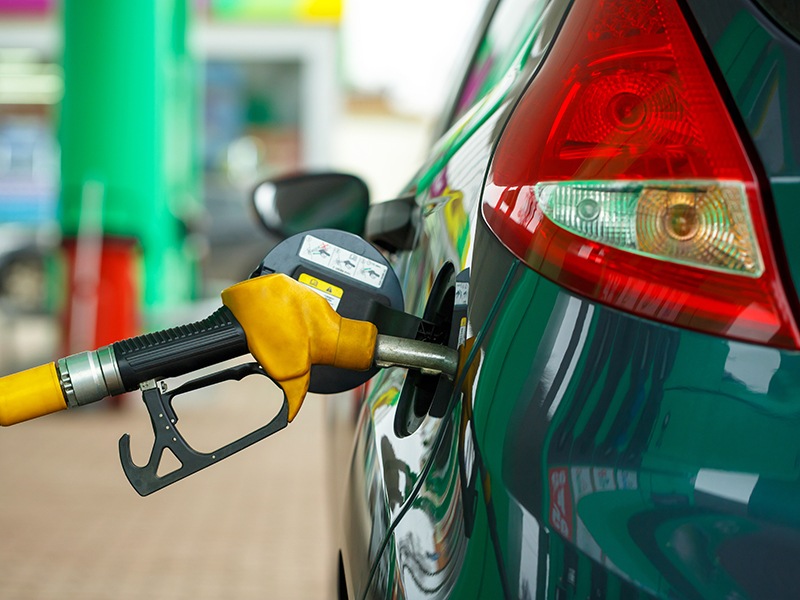EU Moves Towards Red III
The EU has begun reviewing its revised Renewable Energy Directive (RED II) in view of expanded ambitions for its 2030 greenhouse gas (GHG) emissions reduction target and its path toward climate neutrality.

In July 2021, the European Commission (EC) published its ‘Proposal for a Directive of the European Parliament and of the Council amending Directive (EU) 2018/2001 of the European Parliament and of the Council, Regulation (EU) 2018/1999 of the European Parliament and the Council and Directive 98/70/ EC of the European Parliament and the Council as regards the promotion of energy from renewable sources, and repealing Council Directive (EU) 2015/652’ (RED III).
The Proposal is part of the EC’s ‘Fit for 55: Delivering the EU’s 2030 climate target on the way to climate neutrality communication’. The EC, the Council of the EU (the Council) and the European Parliament have begun formulating their positions to reach a commonly agreed text. As with current EU rules on renewable energy, RED III is poised to affect palm oil as a biofuel feedstock.
The EC has been pursuing a number of sustainability-related objectives through various initiatives and legal instruments. In December 2019, the EC presented the European Green Deal, a set of policy initiatives that aim to make the EU’s economy sustainable and climate neutral by 2050.
To achieve the objectives of the European Green Deal and reduce GHG emissions, the EU now intends to update RED II, notably by increasing the target of renewable energy sources in its integrated energy system.

Accelerated phase-out?
The EC’s Proposal for RED III contains amendments to Article 26 of RED II, which provides specific rules for biofuels, bioliquids and biomass fuel produced from food and feed crops, including oil palm. The amendments aim at reflecting the new GHG reduction target set for the transport sector.
This means that the calculation of a member state’s gross final energy consumption from renewable sources would consider the GHG reduction target – and not the minimum share of biofuels and bioliquids as well as of biomass fuels consumed in transport as established in RED II.
Article 26(1)(3) of RED II provides that member-states ‘may set a lower limit and may distinguish, for the purposes of Article 29(1), between different biofuels, bioliquids and biomass fuels produced from food and feed crops, taking into account best available evidence on indirect land-use change impact’. The EC’s Proposal would not change this approach.
Recital 31 of RED III reconfirms that ‘in order not to create an incentive to use biofuels and biogas produced from food and feed crops in transport, member-states should continue to be able to choose whether to count them or not towards the transport target’.
Thus, member-states will likely continue adopting legislation that excludes certain feedstocks, such as palm oil, from being counted towards the renewable energy targets or even from being used as biofuel at all.
A worrying example lies in Belgium’s approach. From Jan 1, 2023, it will prohibit the placing on the market of biofuels and biogases based on palm oil or other products directly or indirectly derived from oil palm. From July 2023, it will also prohibit the placing on the market of biofuels and biogases based on soybean oil or other products directly or indirectly derived from the soybean plant. Rather than perpetuate discriminatory practices, revising RED II should address these unfortunate aspects of EU legislation.
Article 26 (2) of RED II states that for the calculation of a member state’s gross final consumption of energy from renewable sources, ‘the share of high indirect land-use change-risk biofuels, bioliquids or biomass fuels produced from food and feed crops shall not exceed the level of consumption of such fuels in that member- state in 2019, unless they are certified to be low indirect land-use change-risk biofuels, bioliquids or biomass fuels pursuant to this paragraph’ and that from Dec 31, 2023 until Dec 31, 2030 at the latest, ‘that limit shall gradually decrease to 0%’.
Used cooking oil (UCO)
A notable change proposed by the EC concerns the double counting system. Under RED II, UCO is considered waste-based and is double counted for the decarbonisation of the EU’s transport sector. For instance, if the consumption of UCO amounts to 2%, it will be calculated as 4% of the total energy used in transport, providing an incentive to use such oils to reach renewable energy targets.
Palm oil that has been used for frying foods can be converted for the production of biodiesel. In 2019, over 1 million tonnes of palm-based UCO were exported from Malaysia alone to the EU.
But in its Proposal for RED III, the EC eliminates the reference to ‘double counting’ for advanced and waste-based biofuels. This removes the additional incentive and could discourage using UCO as a biofuel feedstock.

RED III would increase the binging target for renewal energy to 40%.
The European Parliament proposes to amend paragraph 3 of Article 30 on ‘Verification of compliance with the sustainability and greenhouse gas emissions saving criteria’. It states that ‘auditing shall verify that the systems used by economic operators are accurate, reliable and protected against fraud, including verification ensuring that materials are not intentionally modified or discarded so that the consignment or part thereof could become waste or residue’.

Used cooking oil can be converted for the production of biodiesel.
Discriminatory rules
The rules adopted under RED II and the EU’s Delegated Regulations discriminate against certain biofuel feedstocks, notably those not produced in the EU, such as palm oil.
Indonesia and Malaysia, as the world’s biggest palm oil-producing countries, have, therefore, embarked on dispute settlement proceedings with the EU at the World Trade Organisation (WTO). The two countries argue that the EU rules discriminate against palm-based biofuels. The revision of RED II would be the ideal opportunity to correct discriminatory practices. Instead, the European Parliament’s proposal would make things worse.
Malaysia must continue to engage with the EU and formally reiterate, both bilaterally and within the WTO framework, its special development, financial and trade needs as a developing country. It is highly dependent on the production and export of palm oil to the EU as a biofuel feedstock.
A single approach by the EU that does not recognise Malaysia’s efforts vis-à-vis sustainability, GHG emission reduction and the protection of high carbon stock land is not only discriminatory but also profoundly unfair and counter-productive in efforts to curb climate change.
By: MPOC Brussels



